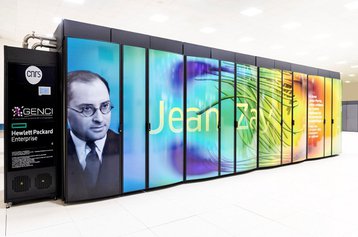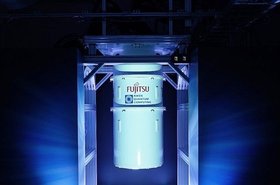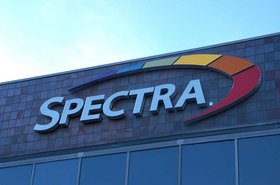French chip designer SiPearl will begin shipping its new Rhea-2 processors in 2025. They will be used in Europe’s second exascale computer, which is due to come online in 2026.
The Rhea-2 will replace the Rhea-1, an Arm-based CPU, and has been developed as part of an EU-funded initiative to foster homegrown CPUs, AI, embedded and automotive chips. Dubbed the European Processor Initiative, the Rhea-1 was born out of the program.
Details about the specifications of Rhea-2 have not been released but in an interview with HPCwire in 2023, SiPearl said that the chip will have a dual-chipset implementation and be made using a more advanced process than the Rhea-1, which was made using TSMC’s six nanometer N6 process.
The Rhea-1 currently powers the EU’s first Exascale supercomputer, Jupiter, which is housed in a purpose-built building on the campus of German research institution Forschungszentrum Jülich and operated by the Jülich Supercomputing Center (JSC). Jupiter, which stands for "Joint Undertaking Pioneer for Innovative and Transformative Exascale Research", is due to go online next year.
The European High-Performance Computing Joint Undertaking (EuroHPC JU), which procured the second exascale system, has already selected the Jules Verne consortium to host and operate the new system.
Due to go online in 2026, the system will be managed by GENCI, the French national agency for High-Performance Computing. It will be located at the TGCC computing center owned by the CEA (the French Alternative Energies and Atomic Energy Commission) in Bruyères-le-Châtel, southwest of Paris.
EuroHPC JU is a joint initiative between the EU, 34 European countries, and private partners to develop a supercomputing ecosystem in Europe.
Launched in 2018 and headquartered in Luxembourg, its mission is to develop, deploy, extend, and maintain a secure and connected supercomputing and quantum computing ecosystem, while supporting the development of key HPC skills for European science and industry.







